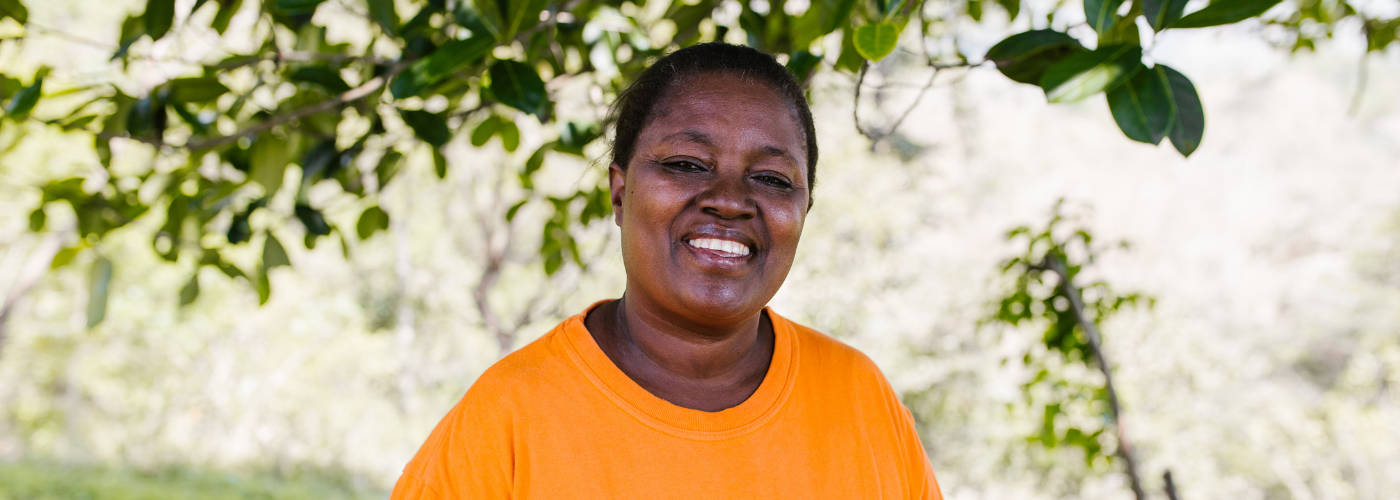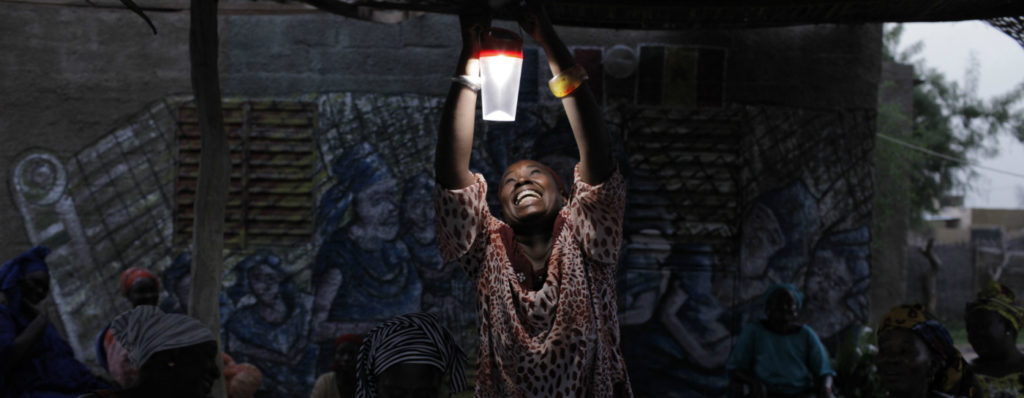To bridge the gender gaps throughout the energy supply chain and in decision-making groups, ENERGIA, EnDev, Modern Energy Cooking Services (MECS), Hivos and the Swedish International Development Cooperation Agency (SIDA), launched the Gender and Energy Innovation Facility in July 2020. The facility aims at developing, testing and evaluating innovative approaches to address the persistent gender energy challenges. The following projects are being implemented in Tanzania.
Using digital technology to break gender stereotypes
Nukta Africa Ltd. is a digital media startup specializing in training courses and research and development of digital and data-driven news and tools. It also addresses gender stereotypes in the cooking realm. Jiko Class provides online cooking classes for boys. Jiko News offers an online platform to publish content on cooking techniques and devices anonymously. This encourages men to contribute and share experiences as women are used to doing. Content is about reducing the consumption of firewood, charcoal and kitchen running costs of LPG and electricity. The platform suggests energy-saving recipes, utensils and electric devices. Jiko Sokoni helps women and other entrepreneurs who produce clean energy appliances to sell their products and link users with providers. Nukta Africa’s dream for Tanzania 20 years from now is families living happily with clean energy. “Where the boys have used Jiko Class to learn amazing cooking skills, mothers are entrepreneurs of clean cooking appliances, and fathers are using the app to buy gas and other clean cooking appliances,” says Maphosa Banduka, project manager.
Involving young women in the production of solar products
Another project that addresses the gender stereotypes in the energy sector boosts the employability of young women in solar energy technology. The Tanzania Renewable Energy Association (TAREA) is training young women on solar photovoltaic technology, enabling them to assemble and repair solar lamps. In the future, these women will earn a living by assembling solar lamps or doing maintenance and troubleshooting in community-owned installations. This will lead to trainees running community solar installations and retail shops and becoming community leaders, breaking gender stereotypes and providing these young women with an income.
A new, politician-centred approach to advocate for clean cooking
While communities usually pressure politicians to bring about changes or decisions at the local government level, the Tanzania Gender and Sustainable Energy Network (TANGSEN) project actively involves politicians to bring about these changes. In the case of clean cooking, testing this reversed approach is worthwhile because upscaling clean cooking is not going fast enough. The country’s target is to achieve access to clean cooking for more than 75% of the households by 2030. But, currently, about 89% of the households are still using charcoal and firewood for cooking. In this innovative advocacy approach, TANGSEN identifies and selects six champions among district councils. These champions will receive information, training courses and clean cooking technologies to use themselves, to draw on their own experience. They will root for broad adoption of clean cooking fuels and technologies amongst their peers, leading to development plans with true commitments in terms of budgets, targets and actions. And because of their more personal involvement, they will hold officials accountable for implementing and achieving the commitments, thus advancing the clean cooking agenda in Tanzania.
Briquettes made from coconut shell
While char-briquettes made from coconut waste are not new on the market, they will be in Tanzania. With the Mkaa Nazi Tanzania project, three young entrepreneurs start a char-briquette production plant to sell the briquettes, involving four groups of women:
- market vendors who sell coconuts for raw material collection,
- food vendors who need large amounts of cooking energy daily,
- women entrepreneurs as salesforce, and
- households who also need cooking energy every day, as private customers.
The project hopes to induce a behavioral change among the four groups, demonstrating the benefit of coconut waste briquettes: long-lasting, hotter, smokeless, and cheaper than the commonly used charcoal.
Read more about the Gender and Energy Innovation Facility.
More on innovative projects in Kenya and Nepal.


